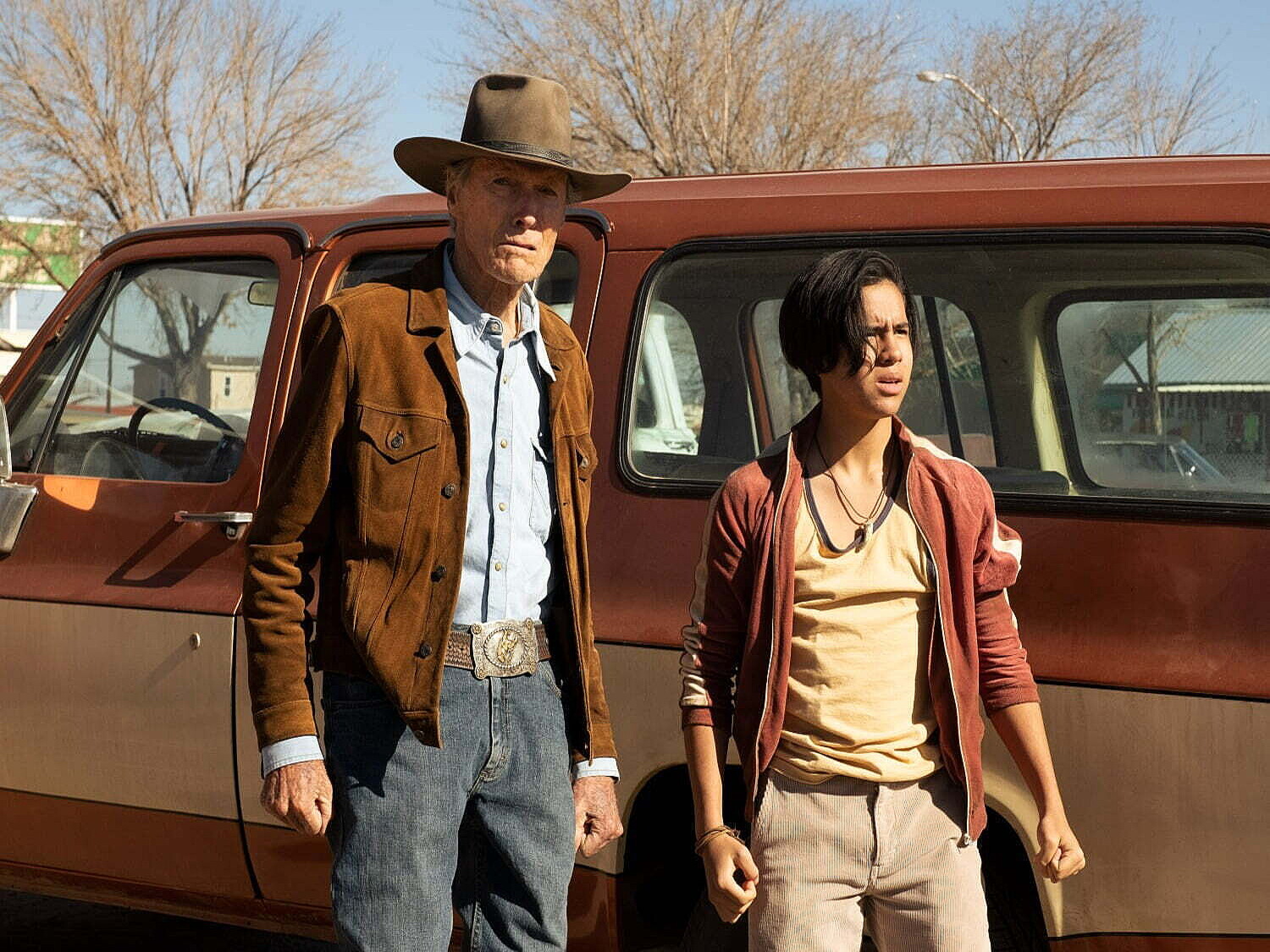In 1993, the man with one powerful name defied his own predictions to become recognized by The Academy for the past year’s “Unforgiven” – taking home Best Director and Best Picture.
Penned by screenwriter David Webb Peoples (“Blade Runner,” “12 Monkeys”), “Unforgiven” famously sat on Clint Eastwood’s shelf for the better half of a decade before he aged appropriately into the past-his-prime outlaw role, according to his calculations.
Within that time frame, the actor who built his early iconography on starring in one Western after the next turned down another later statesman “has-been” outing constructed to exist within the “one last job” subgenre. But over thirty years later, the 91-year-old expectedly – but not guaranteed-to-be, at the rate he’s going – at the tail end of one-hell-of-a-career, finally said yes to “Cry Macho.”
A title synonymous with the back-half of Eastwood’s filmography in general, which he’s spent deconstructing his established screen mythos dominated by tough men who’ll quicker speak from their holsters (“Dirty Harry,” “High Plains Drifter”) than evaluate the ramifications of their moral improprieties (“Million Dollar Baby,” “Gran Torino”). Whether as the hero or not, he’s donned many cowboy hats, and brandished even more weapons in his days. He had long hung up the former for good, too, before deciding to wear one once again for the 2021 film many are too fast on their draw to deem Eastwood’s swan song.
Released on September 17 in theaters and on HBO Max as per Warner Bros.’ decision to go “day-and-date” with its entire 2021 catalog, the film is categorized as partial western; though it’s not as rife with the violence and action of some other Eastwood entries to the genre.
If the Spaghetti western ‘Dollars’ films (1964-1967) or the revisionism-espousing “The Outlaw Josey Wales” (1976) are considered vintage Eastwood, then think more in the vein of his then-Western movie star contemporary, competitor and elder mentor-by-example, when placing “Cry Macho.”
Specifically, John Wayne’s “Rio Bravo” (1959) and “The Shootist” (1976): two pictures – granted, seventeen years apart – that spoke to the beauty of an old-and-wounded gunslinger slowing things down to take in his surroundings; if not for the character, then for the actor himself. With “hangout” vibes galore, and the lead welcoming a young up-and-comer under his wing to teach him the tools of the trade. As if to say, “do as I did, but not everything I did, nor exactly as I did;otherwise, you’ll end up as alone as me.” Said sentiment too, pegs the now-standing-where-Wayne-once-stood Eastwood, and his newest film, to a tee.
For “Cry Macho,” Eastwood rocks the cowboy hat and rides a horse once more – but trades in the pistol for a legacy forged on the rodeo circuit that’s long behind him. And the priorities-misplaced but talented kid in need of his guidance is the teenaged “Rafo” (Eduardo Minett). Howard (Dwight Yoakam), a former boss of Eastwood’s Mike Milo who canned him due to his age, but whom Milo owes for “giving him a life” – tasks Milo with traveling across the Mexican border to rescue Rafo, his son, from the influence of a greedy mother and the allure of illegal cockfighting.
Taking a back seat to such expository setup, though, is the obviously forthcoming but nevertheless endearing, unlikely bond formed between Milo and Rafo – and of course, Rafo’s rooster “Macho,” for which the film earned its namesake.
While even 2018’s “The Mule” flaunted more sheer intensity and stakes required of Eastwood on-camera and from behind it, “Cry Macho” equally works as his quote-unquote ride off into the sunset picture – if he were to ever even have one. 1992’s “Unforgiven,” after all, was widely considered just that. Then, Eastwood came back directorially better than ever the very next year with “A Perfect World.”
Like “Cry Macho,” the aforementioned 1993 film is an unconventional road trip, buddy crime/dramedy vehicle that places a rough exterior-wielding cerebrally bright IQ (Kevin Costner) in the driver’s seat, with an innocent-as-he-is-wise kid riding shotgun. Costner recommended the director assume the role of the police chief chasing him down, and Eastwood agreed – accepting he’d reached that stage of his career, where he could no longer play the outlaw. But why should that even matter? Just because Eastwood’s not “The Man with No Name” anymore, doesn’t mean he can’t still be the man.
If “Cry Macho” proves anything, he certainly still is. Watch it with your dad, or show it to your son. So long as you help the messages at play here reach someone





